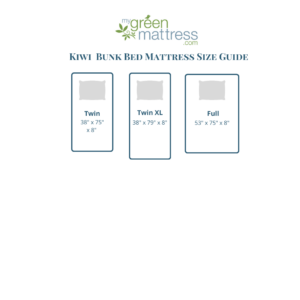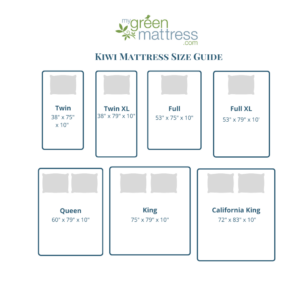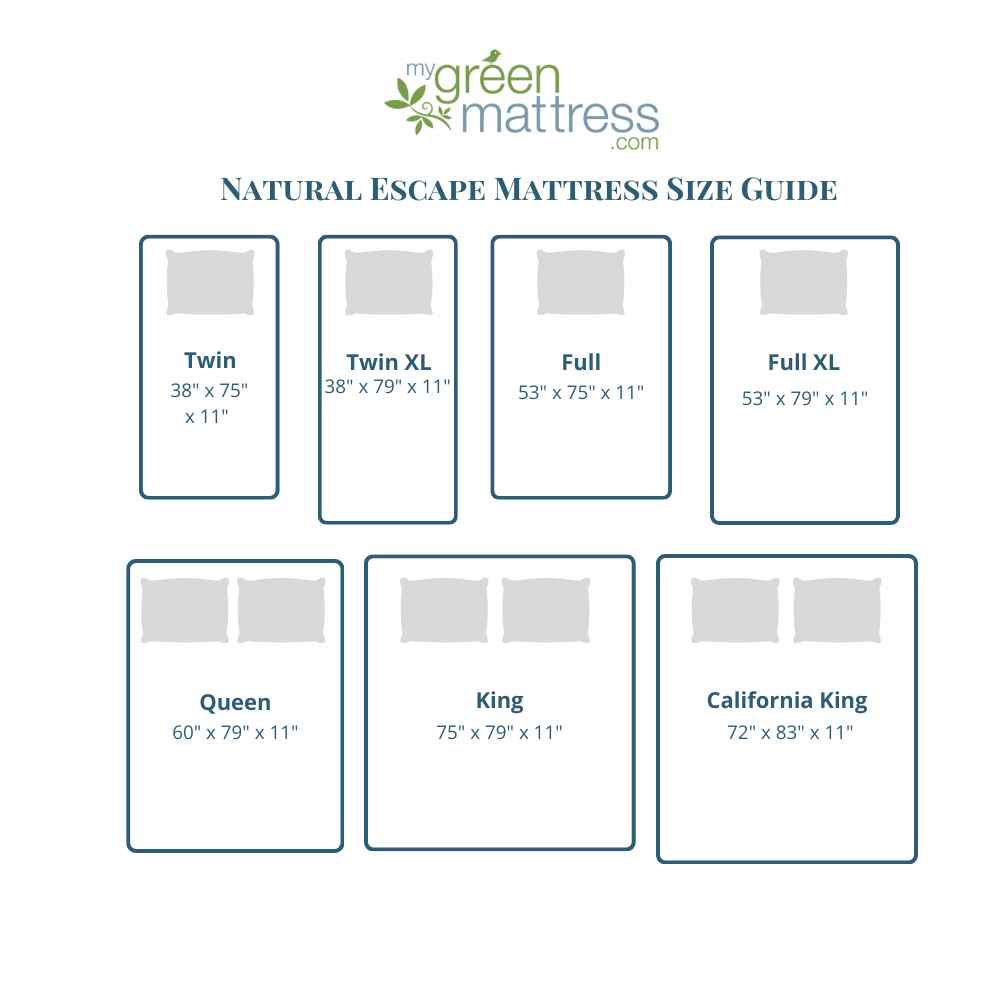National Sleep Foundation’s Sleep Awareness Week® is an annual occurrence observed to raise awareness about the importance of getting quality sleep. The observance was first created in 1998 by the National Sleep Foundation (NSF) and starts at the beginning of daylight savings time.
In this blog post we’ll cover everything related to National Sleep Foundation’s Sleep Awareness Week, including simple action steps you can take to improve the nature of your nightly sleep. Keep reading to learn it all!

What Is National Sleep Foundation’s Sleep Awareness Week?
National Sleep Foundation’s Sleep Awareness Week is an annual occurrence that was created to increase public knowledge and understanding of the importance of getting quality sleep. The yearly observation focuses on the relationship between sleep and overall health and encourages people to make sleep a priority in their lives.
When Is National Sleep Foundation’s Sleep Awareness Week?
It’s always held at the beginning of daylight savings time in March, which is usually the second Sunday of March. The NSF is the organization that promotes and offers ongoing education about how to sleep better.
Examples of sleep-related activities include attending a sleep seminar or participating in a sleep challenge. A sleep challenge involves setting a starting date and getting between seven to nine hours of sleep per night for at least 30 days. The longer you can go, the better.

The History of National Sleep Foundation’s Sleep Awareness Week
The first official National Sleep Foundation Sleep Awareness Week was held in 1998. Since then, the week has grown to become a major educational campaign that mattress manufacturers, media brands, doctors, sleep specialists, and holistic health practitioners all participate in.
The NSF also works with partners to spread the word about National Sleep Foundation’s Sleep Awareness Week and help people discover how simple and powerful it is to get more and better sleep. The NSF has worked with organizations such as the Centers for Disease Control and Prevention (CDC) and the American Academy of Sleep Medicine (AASM) to share educational resources and developing perspectives about sleep.
Benefits of National Sleep Foundation’s Sleep Awareness Week
National Sleep Foundation’s Sleep Awareness Week is an informational and educational effort about the benefits of getting enough sleep as well as the risks associated with not getting enough sleep.
Getting enough sleep improves mood, boosts energy levels, and reduces stress and anxiety. It can also improve concentration and focus and reduce the risk of diseases like type 2 diabetes, cardiovascular issues, depression, and obesity.
Obtaining great sleep each night also enhances physical performance. Studies have shown that getting enough sleep improves coordination, reaction time, athletic performance, and muscle strength. It can also help to reduce the risk of injury and shorten recovery time.

National Sleep Foundation’s Sleep Awareness Week Tips
National Sleep Foundation’s Sleep Awareness Week is a great opportunity to learn more about all the ways proper sleep enhances your quality of life. Here are some tips to help you make the most of Sleep Awareness Week:
- Set a sleep schedule and stick to it. Go to bed and wake up at the same time each day to help your body get into a sleep routine.
- Avoid caffeine and alcohol before bed. Caffeine and alcohol can interfere with your sleep, so try to avoid them in the hours before you go to bed.
- Exercise regularly. Regular exercise improves your quality of sleep right away and helps you fall asleep faster.
- Avoid using devices with screens before bed. The blue light from electronics interferes with your sleep and makes it harder for your brain to realize it’s nighttime. Don’t use electronics for about three hours before you go to bed, or use blue-blocking glasses if you must use screen-based devices.
- Make your bedroom a sleep sanctuary. Make sure your bedroom is dark, quiet, and cool to create the ideal sleep environment.
- Take a hot bath or shower before bed. Taking a hot bath or shower before bed can help to relax your body and prepare it for sleep.
- Make sleep a personal health priority. Try to make sleep a priority in your life and make sure you get enough quality sleep each night. Use our 21 Days to Better Sleep checklist to improve your sleep hygiene right now for free.

National Sleep Foundation’s Sleep Awareness Week Activities
You’ll see several online and in-person events taking place before and during National Sleep Foundation’s Sleep Awareness Week. Below are several types of activities and events to look for in your area:
- Attend a sleep seminar or sleep health event. These events usually cover recent trends in sleep health or research and offer ways to get better sleep almost immediately.
- Take part in a sleep challenge. National Sleep Foundation’s Sleep Awareness Week is one of the best times to participate in a sleep challenge because it’s typically when people start getting less sleep. Make intentional efforts to go to bed at the same time to maximize your health heading into spring and summer.
- Participate in a sleep health survey. Surveys provide valuable information about your sleep habits and identify areas where there is room for improvement.
- Educate yourself more about sleep. Using National Sleep Foundation’s Sleep Awareness Week as the catalyst to get the sleep education you’ve always wanted is another good action to take. Reading books about sleep, watching documentaries about sleep, and reading recent sleep research studies all count here.
- Talk to your doctor about your sleep habits. Talking to your doctor or sleep specialist about your sleep habits often identifies underlying health issues. It’s also a great way to determine what lifestyle changes you need to make for optimal sleep as often as possible.
Frequently Asked Questions About National Sleep Foundation’s Sleep Awareness Week
Reading about why sleep is so important may have you feeling sleepy… or alert and looking up more questions about sleep health. If the latter’s the case, you’re in the right place.
Take a look at the most commonly asked questions about National Sleep Foundation’s Sleep Awareness Week and the answers we provide below:
Is There a Sleep Awareness Month?
Yes, March is sleep awareness month. This coincides with daylight savings time creating the loss of one hour of sleep and millions of individuals getting less sleep. Every March, it’s important to prioritize going to bed at the right time, as this keeps your sleep schedule aligned.
Is There a National Sleep All Day Day?
There’s no nationally celebrated “sleep all day” day in the US, but there is World Sleep Day. March 17 is World Sleep Day in 2023 and offers everyone the opportunity to learn about sleep in a deeper way.
What Is It Called When You Sleep All Day But Not at Night?
Hypersomnia is the term that describes the ability or condition to sleep most or all of the day, but not at night. This condition can be caused by pre-existing medical conditions or a disjointed sleep schedule. Hypersomnia is a serious sleep issue and should always be discussed with a medical professional.
Don’t sleep another night without buying one of our certified organic mattresses. We make the best hybrid mattresses for children and adults, plus organic sleep accessories like bed sheets, toppers, pillows, and platform beds.
Shop for products now for the best sleep of your life! Any questions? Simply contact our customer service team here.












